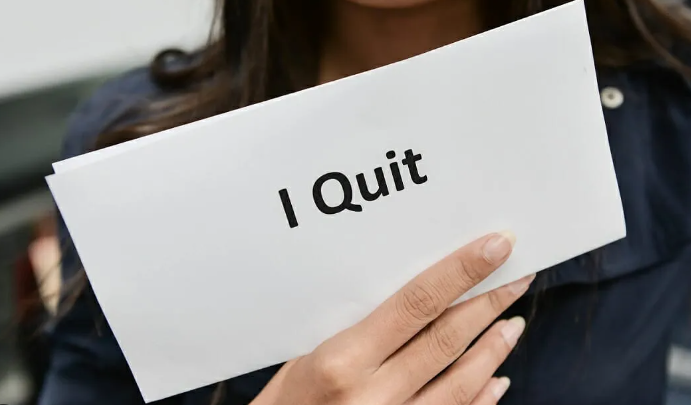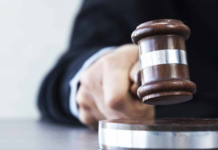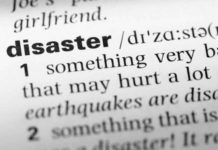On January 1, Harvard President Claudine Gay faced six fresh allegations of plagiarism, marking a surprising turn of events in the ongoing academic controversies surrounding the renowned university. Among the charges was an accusation asserting that Gay copied nearly half a page of content directly from a 2001 article by University of Wisconsin’s political science professor David Canon.
She is now facing close to 50 plagiarism accusations, a figure various media sources have characterized as approximately half of her entire career’s publications. The complaint filed against the university presented numerous instances of Gay’s alleged plagiarism. Among them, one example highlighted how she incorporated four sentences from a book authored by Canon in 1999 without employing quotation marks and making minor “semantic tweaks.”
In a conversation with the Washington Free Beacon, Canon expressed his lack of concern regarding the controversy surrounding Gay and the alleged plagiarism of his work. He mentioned that the passages in question do not worry him, as he does not view them as a clear instance of academic plagiarism.
After the recent plagiarism accusations, Gay declared on January 2 her decision to resign from the presidency of Harvard. In a released statement, she explained that the choice was made after consulting with university members and determining it was the most suitable course of action for the academic community in this challenging time. Although she did not specify the exact date of her departure, she characterized the decision as exceptionally challenging.
In recent weeks, there has been a growing chorus from certain Harvard officials and even some members of Congress, urging her to step down. The calls for resignation were not solely linked to the plagiarism controversies but also stemmed from her perceived failure to address the increasing issue of antisemitism within the university. Gay, who held the position for a brief six months, made history as the first black president at Harvard and the second woman to assume this role.
In response to her resignation, the Harvard Corporation stated in a release that Alan Garber, the chief academic officer, would serve as the interim president of the university.




